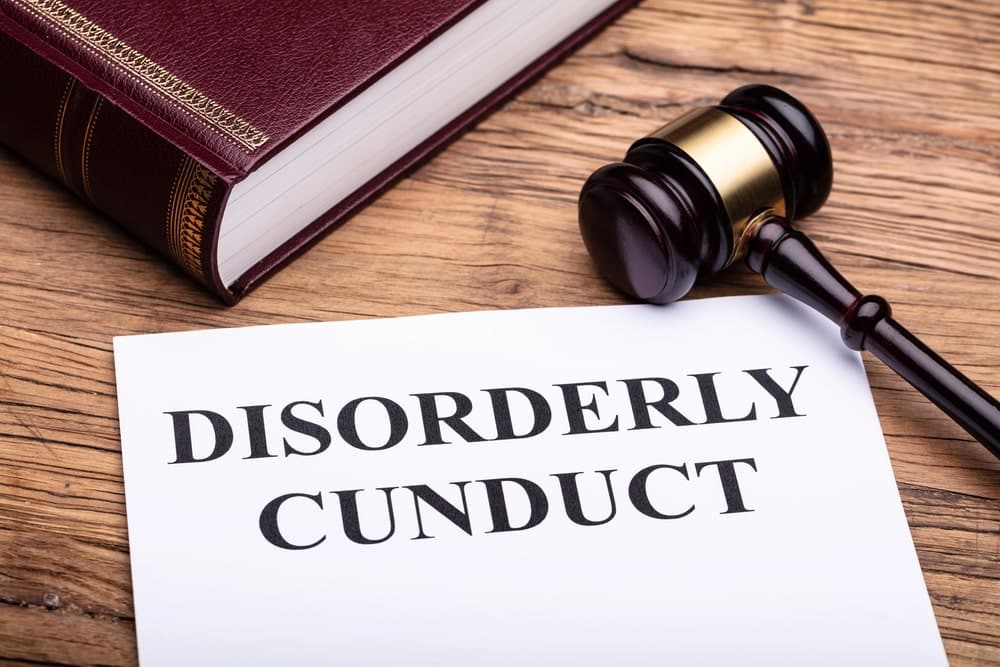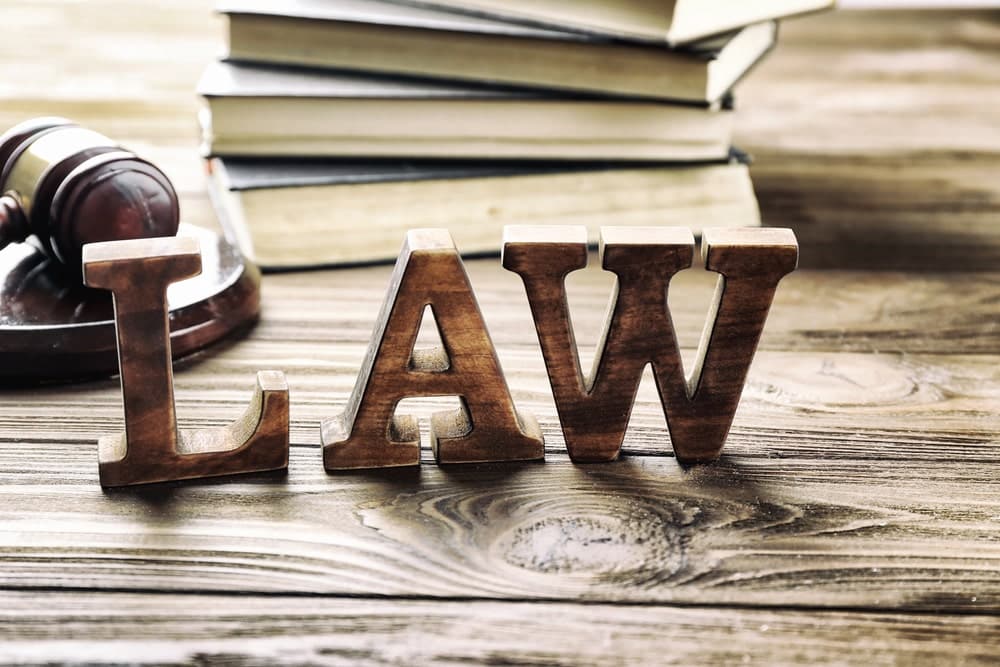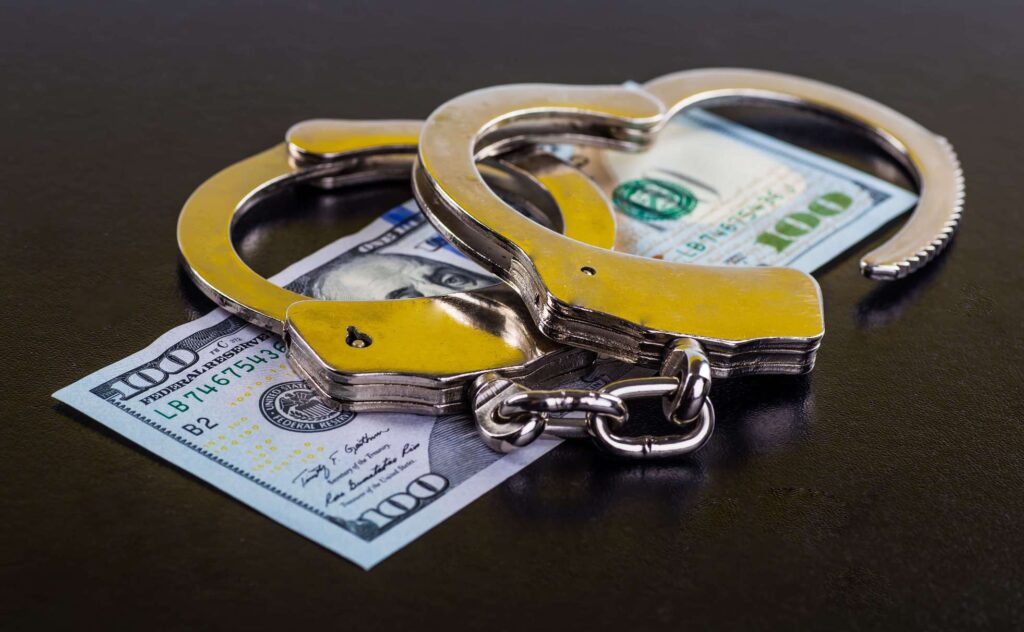While many states have their own laws against kidnapping, certain circumstances could mean that you would face federal kidnapping charges, instead of state charges; or, even in addition to state charges.
This post is about the federal version of these laws, which you can find at 18 U.S.C. §1201. This law is also known as the Lindbergh Law because it was passed following the historic kidnapping of Charles Lindbergh’s son.
Call 207-571-8146 or contact us online to schedule a consult with one of our highly skilled criminal defense & OUI lawyers, serving Southern Maine, today.
Table of Contents
Federal Kidnapping Charges
The act of kidnapping includes unlawfully taking someone away, or confining them, for a ransom or other reward.
In order to get convicted for the federal offense of kidnapping, the prosecutor in the case has to prove several things beyond a reasonable doubt:
- You transported someone across state lines,
- The person you brought over state lines did not consent to it,
- You held that person for ransom, reward, or some other gain, and
- You acted willingly and knowingly.
Any of these elements can be difficult for a prosecutor to prove in any given case, and often show holes that a good criminal defense attorney can exploit, and use to acquit of the charges.
For example, two of these elements require the prosecutor to show that there was a required mental state, which is difficult to prove.
Trafficking an individual across state lines that did not consent
Step 2 requires the prosecutor to prove that the person who was brought over state lines did not consent to be brought there. This requires the prosecutor to get inside someone’s head, and show that they did not agree to be taken. Because no one, not even a good prosecutor, can read someone’s mind, this requires using contextual clues to show that they didn’t want to be taken across state lines. Oftentimes, the prosecutor finds these clues to be ambiguous, at best. Additionally, your defense attorney will be arguing that other clues show that there was consent. If the jury reasonably doubts that there wasn’t consent, then you’ll be acquitted.
Trafficking an individual knowingly and willingly
Step 4 requires the prosecutor to show that you acted “willingly and knowingly.” Like step 2, this requires the prosecutor to figure out what was going through your mind, at the time of the alleged crime.
Also like step 2, they’ll have to find contextual clues that show that you acted in this way, all while your defense attorney finds other contextual clues to show that you did not.
In the end, federal kidnapping charges are difficult to prove. That makes them easier for a solid criminal defense attorney to defend against, because of all of the different ways to raise a reasonable doubt in the jury’s mind.
Call 207-571-8146 or contact us online to schedule a consult with one of our highly skilled criminal defense & OUI lawyers, serving Southern Maine, today.
Jurisdiction for Federal Kidnapping Charges

Because the federal government is one of “limited powers,” it needs to be expressly granted powers by the U.S. Constitution, in order to use them. Among these powers is the ability to regulate interstate activities, and the ability to oversee the U.S. Postal Service. This means that you can get charged with the federal crime of kidnapping, rather than just a state charge, if you cross state lines, or use the mail in the process.
Additionally, if more than 24 hours have passed since the person has been taken, it’s presumed that they have been taken over state lines, allowing the federal government to open their own investigation.
The federal government also has jurisdiction to pursue kidnapping charges if the conduct takes place on federal territory, or if it involves a foreign official or federal employee.
Facing federal charges are similar to facing state charges in some ways, but different in others. Because the federal government generally only passes laws against severe crimes, often the penalties for violating a federal law leads to a higher penalty. Another difference is that, while state charges are heard before a state court, federal charges are heard by a federal one. Lastly, federal prosecutors typically have more resources to tap into, to investigate a crime.
Call 207-571-8146 or contact us online to schedule a consult with one of our highly skilled criminal defense & OUI lawyers, serving Southern Maine, today.
Penalties for Federal Kidnapping
Because it’s a federal crime, a kidnapping conviction can lead to stiff penalties. Also, because it’s a federal crime, kidnapping sentences are subject to the restrictions of the Federal Sentencing Guidelines. These Guidelines state a range of possible jail terms and fines, which depend on the nature of the crime, whether there were any aggravating or mitigating factors, and your criminal history.
You can read more about the Federal Sentencing Guidelines in this blog: Federal Sentencing Guidelines
When it comes to the specific crime of kidnapping, however, the Federal Sentencing Guidelines recommend a minimum of 10 years of jail time and a maximum of nearly 22 years. These numbers can also increase if the person taken was injured, a ransom was demanded, a dangerous weapon was used, the person taken was sexually exploited, or if other circumstances surround the conduct.
Additionally, there are special penalties, if the person who was taken was under 18, and you were over that age, and either was not immediately related to them or had your parental rights with them terminated by a final court order. If this is the case, the minimum jail sentence jumps up to 20 years.
Contact A Federal Kidnapping Defense Lawyer in Maine
Federal kidnapping charges are serious. A conviction can lead to a lengthy prison term, and serious criminal history, after you’re allowed out. Preventing a conviction could be the most important thing that you do. Hiring a rock-solid criminal defense attorney is the best way that you can do this.
Contact The Maine Criminal Defense Group today to schedule an appointment with our skilled attorneys.
Call 207-571-8146 or contact us online to schedule a consult with one of our highly skilled criminal defense & OUI lawyers, serving Southern Maine, today.
Blog Posts

If you receive a traffic ticket in Maine, you may be facing far more than demerit points or an administrative penalty. You could be facing criminal sanctions and a permanent[...]

In Maine, disorderly conduct laws effectively make disturbing the peace a criminal offense. While disorderly conduct is considered one of the least serious offenses under Maine’s Criminal Statutes, it can[...]

Any criminal charge for a drug-related offense is a serious matter in Maine,but how consequential the outcomes can get may depend on whether the charge is filed at the state[...]


Self-defense laws in the U.S. are complex, vary from state to state, and are often misunderstood. “Stand your ground” laws allow an individual to use deadly force in self-defense in[...]

Every day in Maine, people are charged with crimes that they did and did not do. Fortunately, in the U.S., we have a justice system that says you’re innocent until[...]

Expungement is the practice of legally erasing or striking out documents or information relevant to criminal charges. It’s not possible to expunge a criminal record in Maine. However, other avenues[...]

If you have been arrested or are under investigation for a crime in Maine, it is crucial to retain the services of a competent and experienced criminal lawyer. A criminal[...]

Bail Code in Maine Title 15, Chapter 105 of the Maine Revised Statutes governs all issues pertaining to bail in Maine. When a defendant has been arrested and charged with[...]

In the span of less than 5 decades, computers have utterly transformed our society. Those of the baby boomer generation will be able to appreciate the scale of this transformation[...]


